Nasal rinsing has become a common activity for many people, but it could be causing you more harm than good.
Recent research has discovered that if you use neti pots, you are at risk of developing a potentially fatal infection.
Neti Pots Are Used for Clearing Sinuses
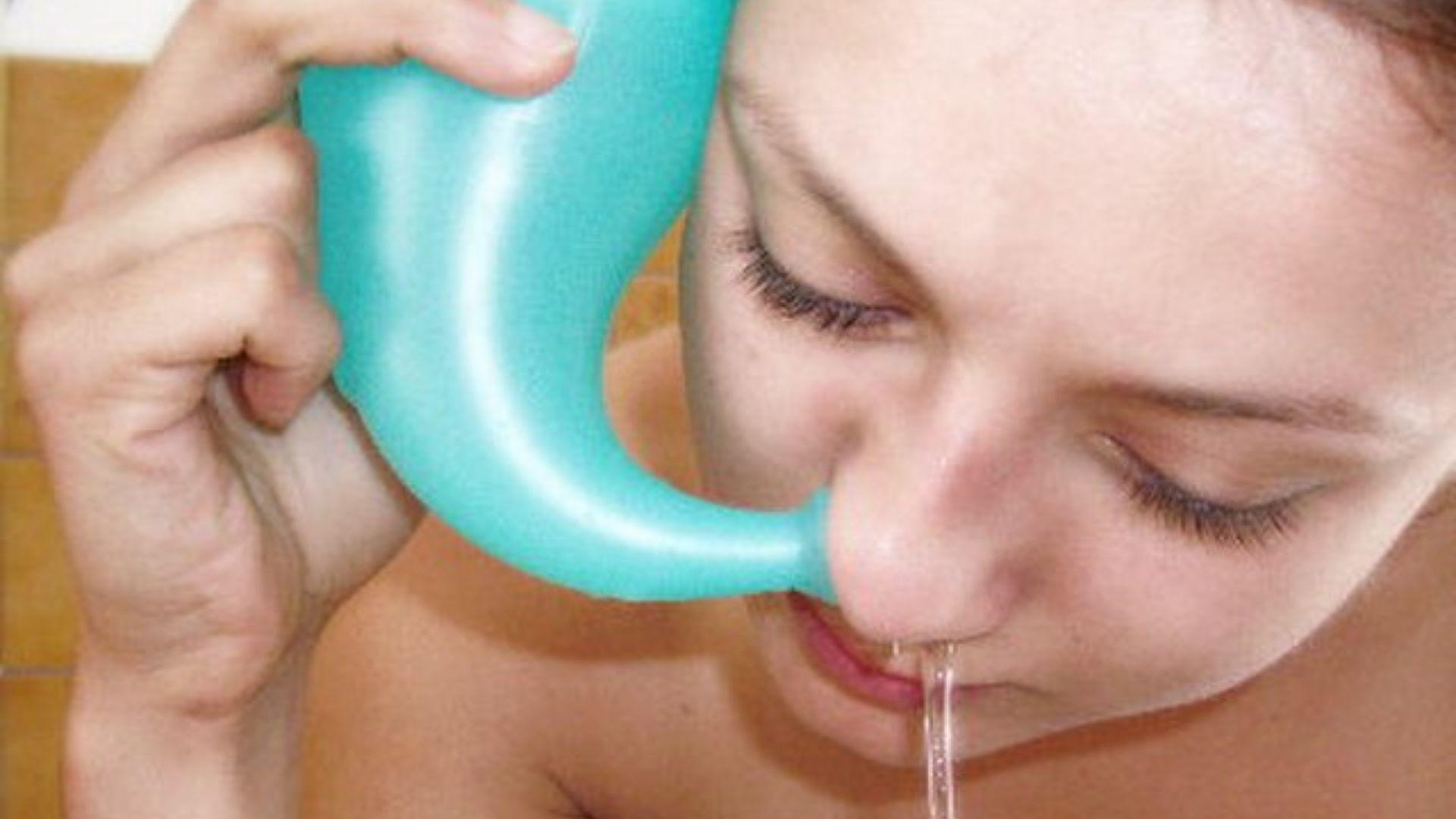
A neti pot is a small teapot-like tool that can be made out of either ceramic or plastic. People use it to pour water through their nostrils to clean out their sinuses.
Mayo Clinic recommends sterilizing the water by boiling it and letting it cool. There are many reasons why someone might use a neti pot, such as to treat allergies, sinus infections, or a cold.
Acanthamoeba Can Cause Severe Infections
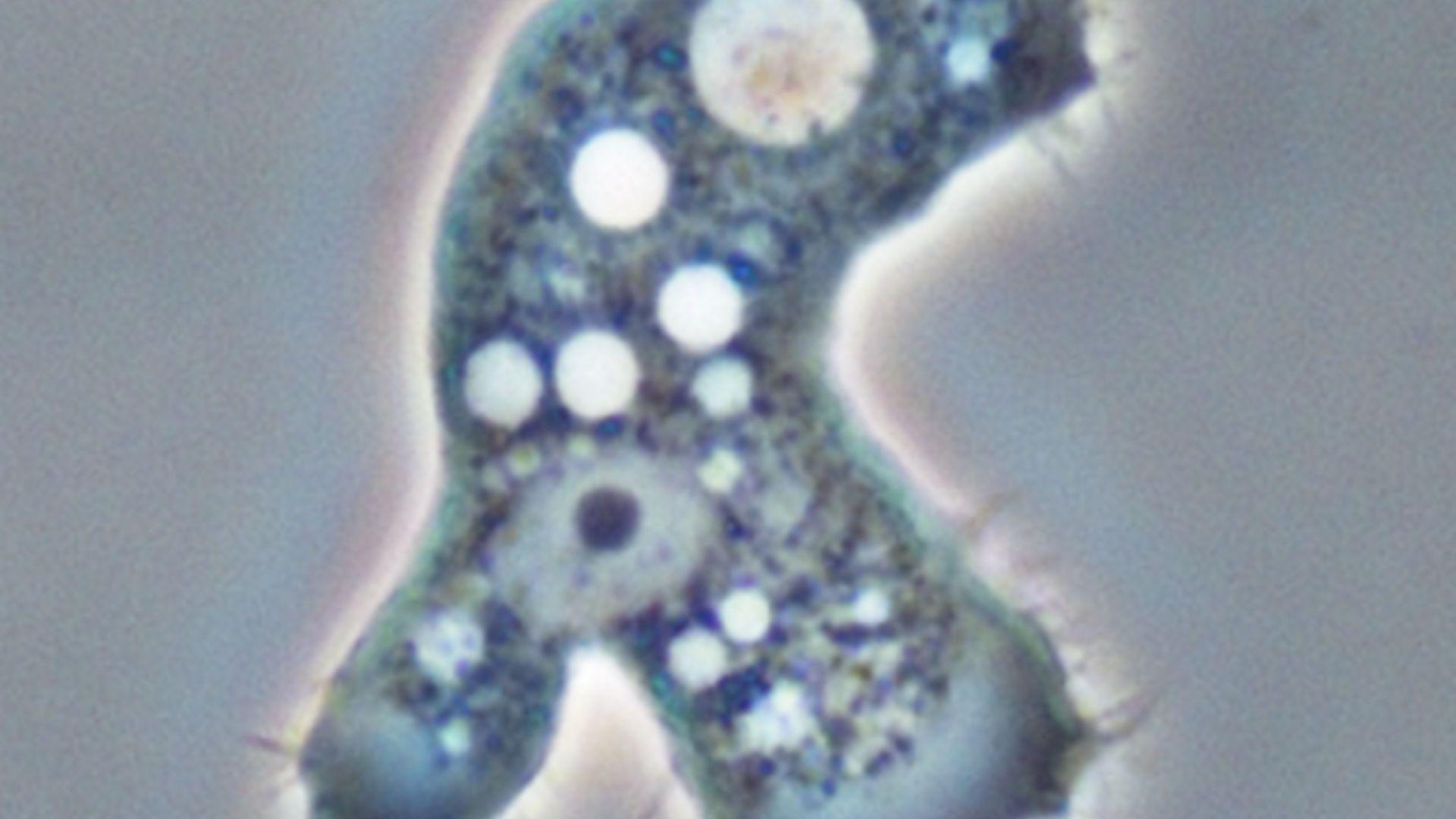
The Centers for Disease Control and Prevention has stated that acanthamoeba is rare, but can cause severe infections in the eyes, skin, or central nervous system.
The amoeba lives in water and soil and can enter the body via the use of contact lenses, cuts, wounds, or by being inhaled into the lungs.
Neti Pots Have Been Linked to Acanthamoeba
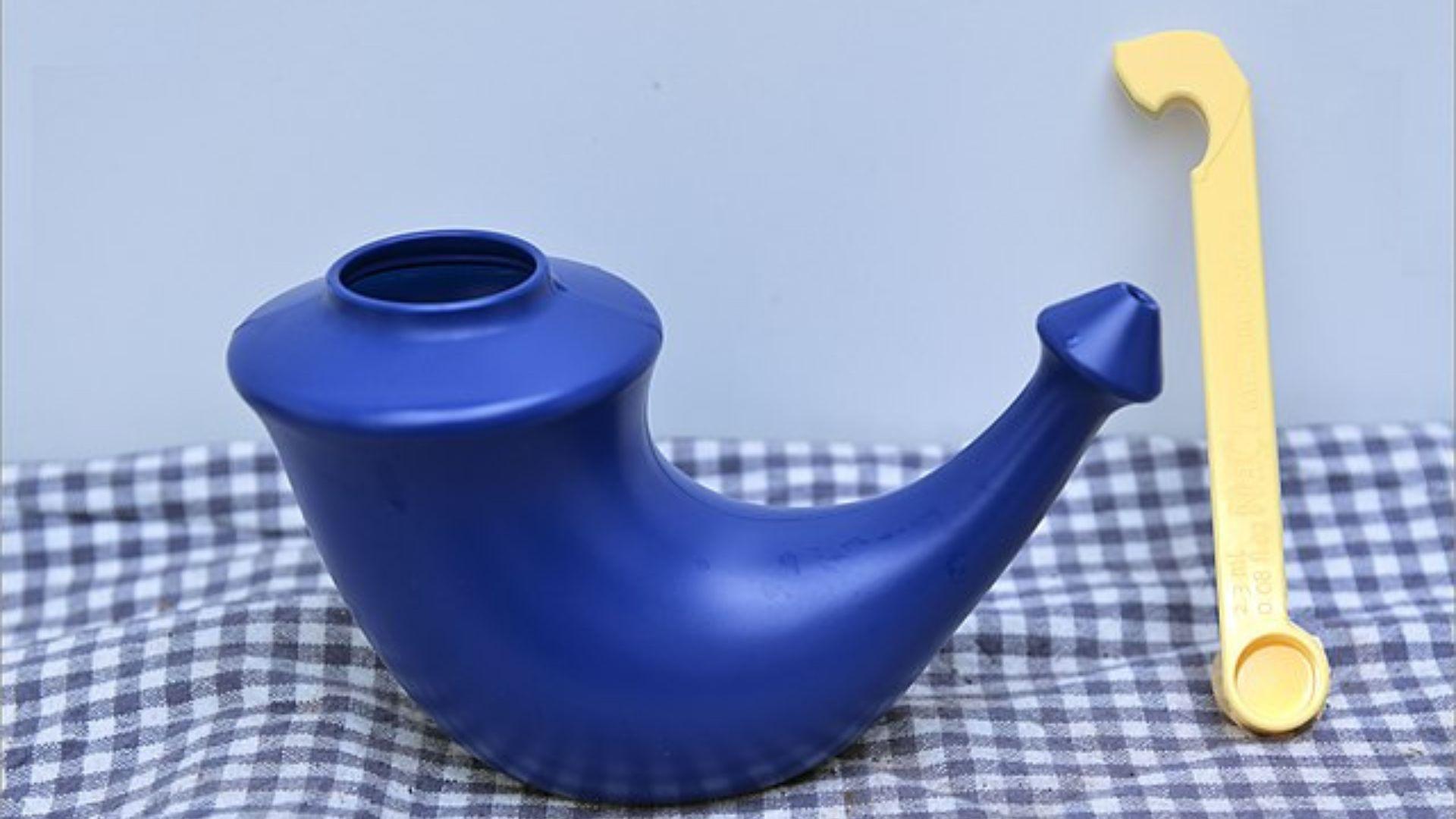
While rinsing out your sinuses with a neti pot might seem like a good idea, if you do so incorrectly, it can lead to acanthamoeba.
The Centers for Disease Control and Prevention has released a report stating that neti pots can now be linked to the infection. They found 10 patients ill with the infection, all of whom had used a neti pot to rinse out their sinuses.
Unclean Tap Water Is the Main Cause of Acanthamoeba
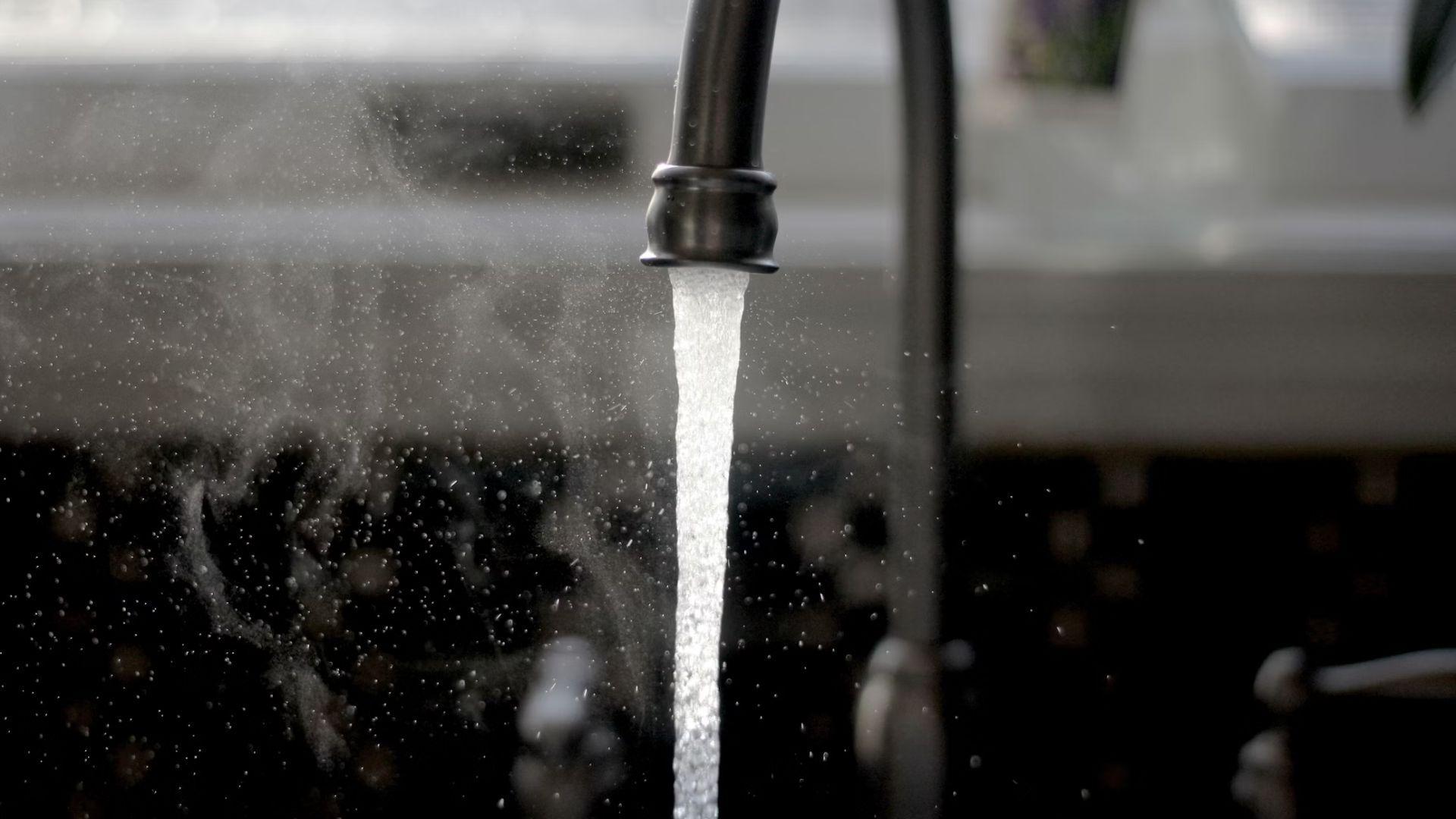
Many people assume that because their tap water is fine for them to drink, this means they can use it to clean out their sinuses with a neti pot.
Due to some of the microorganisms living in the water, while it is fine for humans to consume orally, it can cause potentially fatal infections if it enters the nose, according to PBS.
Nasal Rinsing Was Previously Identified as Causing Deaths
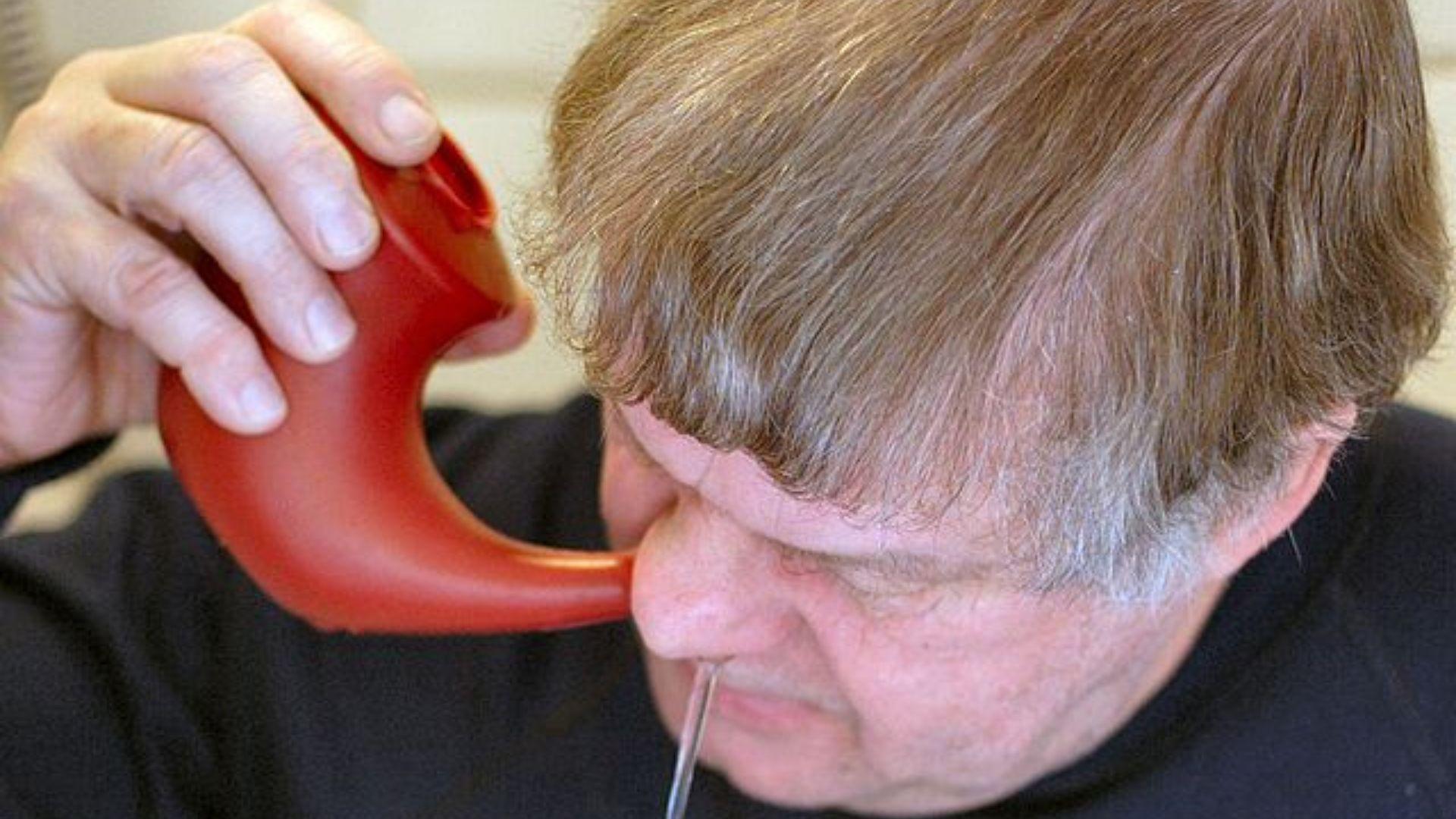
This isn’t the first time that nasal rinsing has been found to cause premature deaths, as a study conducted over a decade ago found it caused another form of amoeba.
The Centers for Disease Control and Prevention found that Naegleria fowleri is rare but deadly. Between 1962 and 2022, 157 people had the infection, and only four managed to survive.
Three People Died from Acanthamoeba
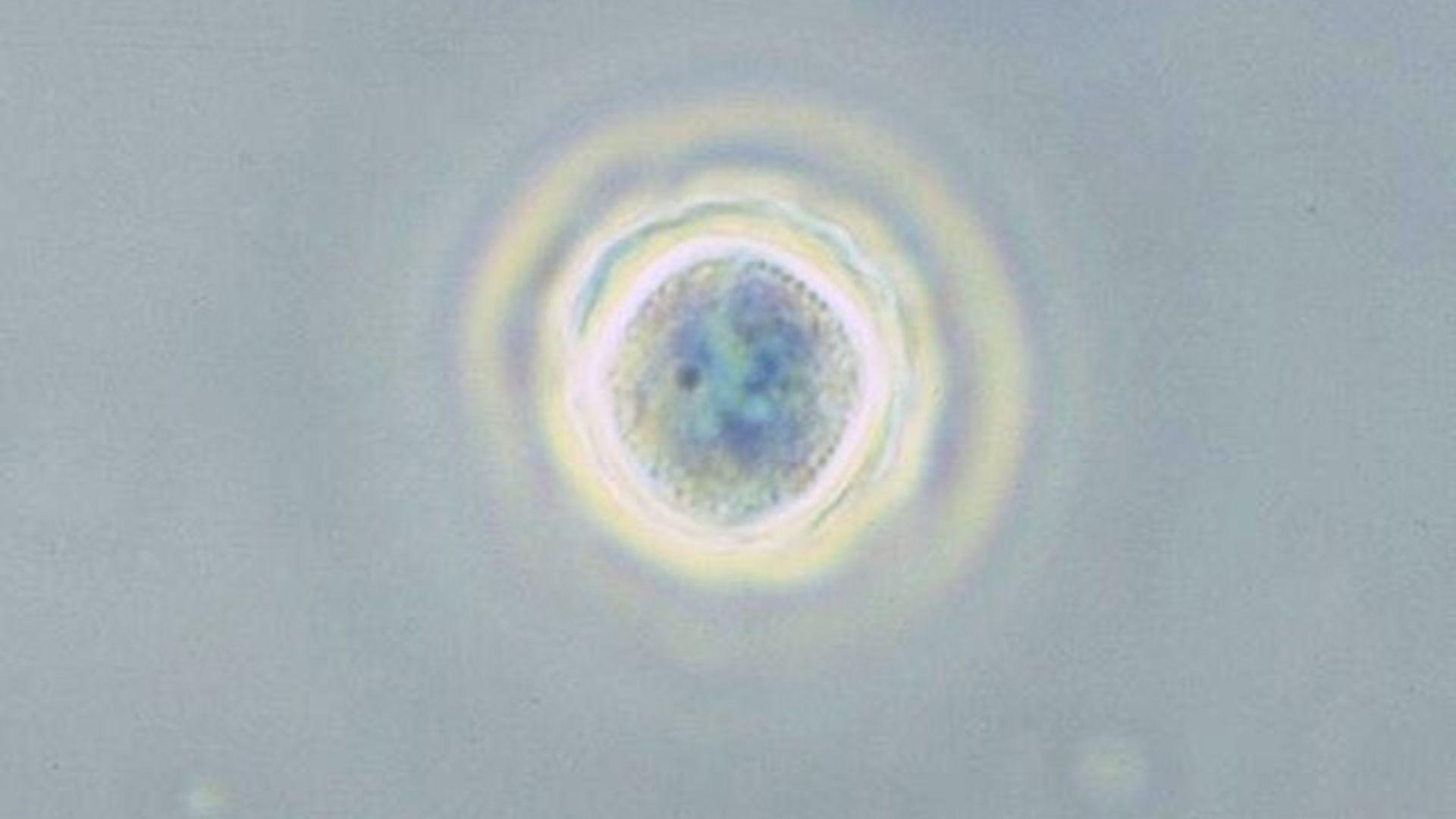
Between 1994 and 2022, a study was conducted on people with acanthamoeba. Ten people took part, and three of them died.
While deaths are rare in this instance, and while it cannot be certain how they came to get the infection, all 10 would do a nasal rinse with a neti pot or other nasal-rinsing device, and all of them had a weakened immune system, likely due to this.
The Study Shows Just How Easy It Is to Get Acanthamoeba

Before the study, Healthline reported that it wasn’t known how easy it is to get acanthamoeba because it was assumed that it was found in soil and lakes.
However, now that it is in untreated tap water, it shows how easy it is for anyone to potentially end up with this fatal infection.
Acanthamoeba Was First Discovered in 1956
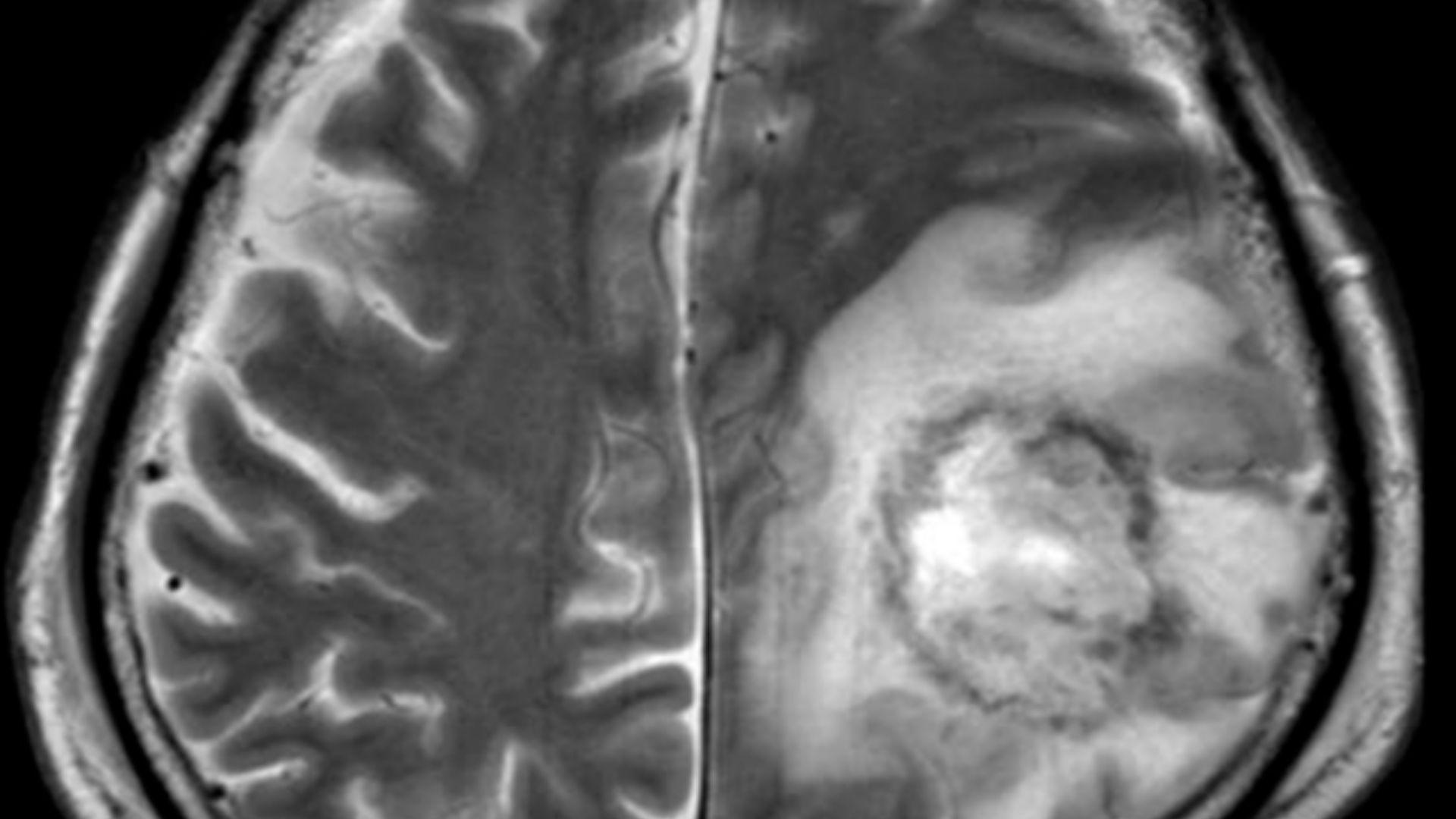
It is unknown exactly how long acanthamoeba has existed, but the first person to be diagnosed with the infection was in 1956.
It is unknown in most cases how people become infected with acanthamoeba, but the majority of the evidence in recent years certainly points to nasal rinsing.
An Ohio Study Confirmed Where Acanthamoeba Is Found
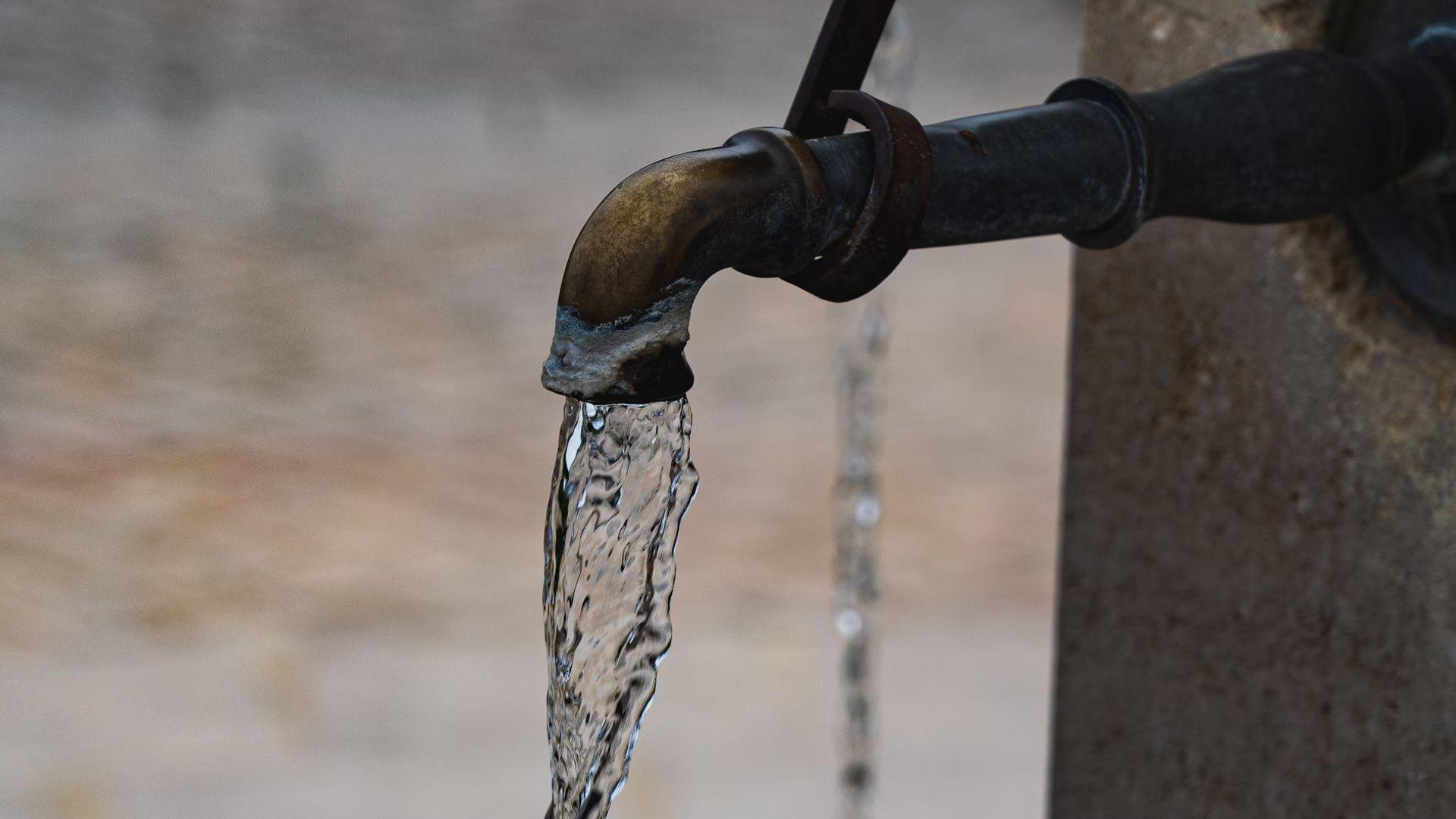
It was previously known to be mostly found in lakes and soil, but researchers have now discovered that acanthamoeba can also be found in tap water.
The study, posted in MDPI, found that 79% of Ohio residents had an amoeba or similar microorganism in their tap water.
Neti Pots Can Still Be Used Safely
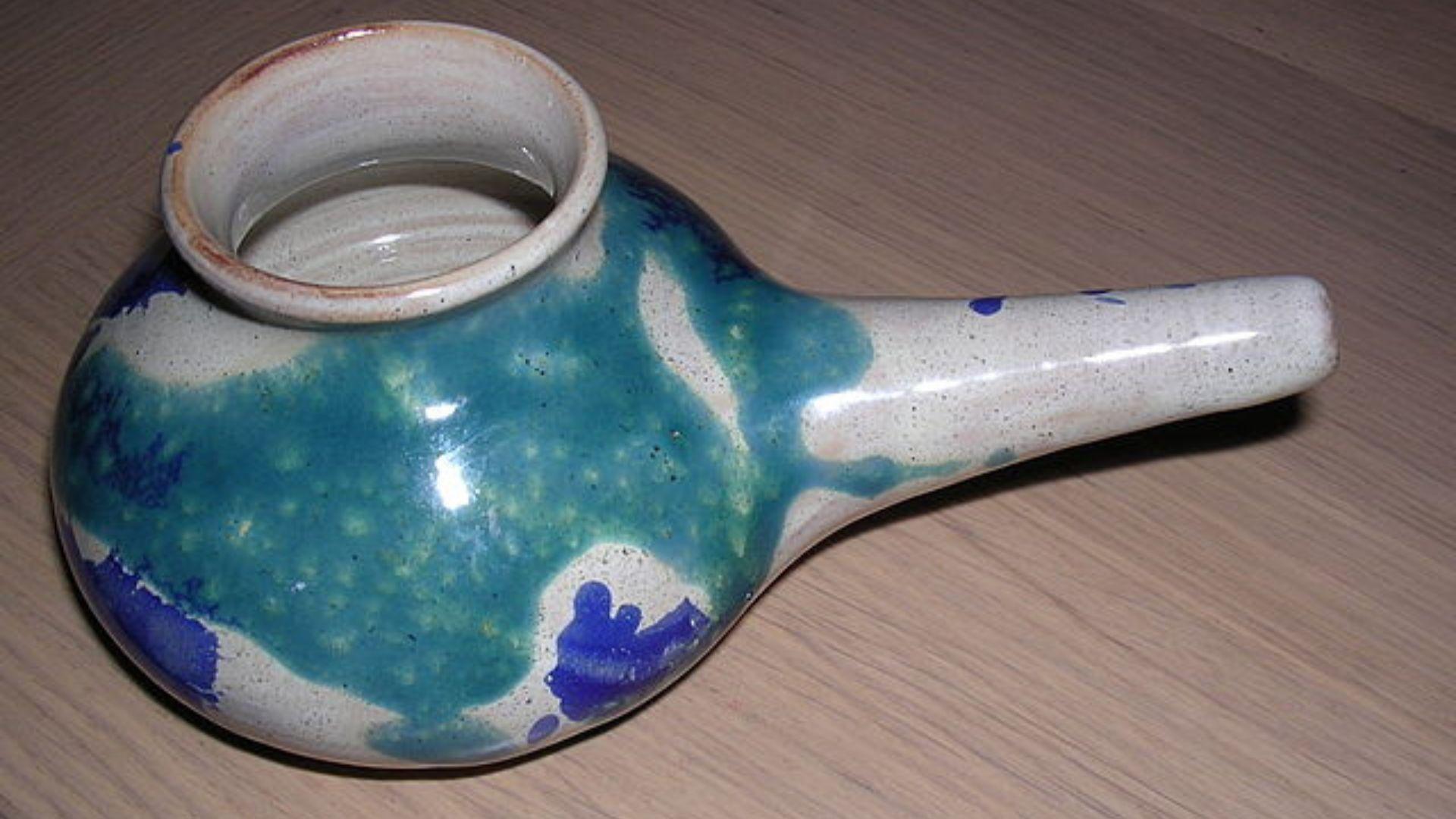
People who are used to using neti pots can still do so, but there are ways to ensure that they are being used safely.
The water should be boiled for at least one minute, or three minutes if you live above 1,980 meters. Once boiled, it needs to be cooled. You can also use either sterile or distilled water as an alternative.
Most People Should Have Nothing to Worry About

The key thing to remember here is that acanthamoeba is incredibly rare, and most people should have nothing to worry about.
However, if you do use a neti pot or any other tool for nasal rinsing, make sure you use water that has either been boiled, is sterile, or has been distilled as an extra precaution for remaining free of infection.








































